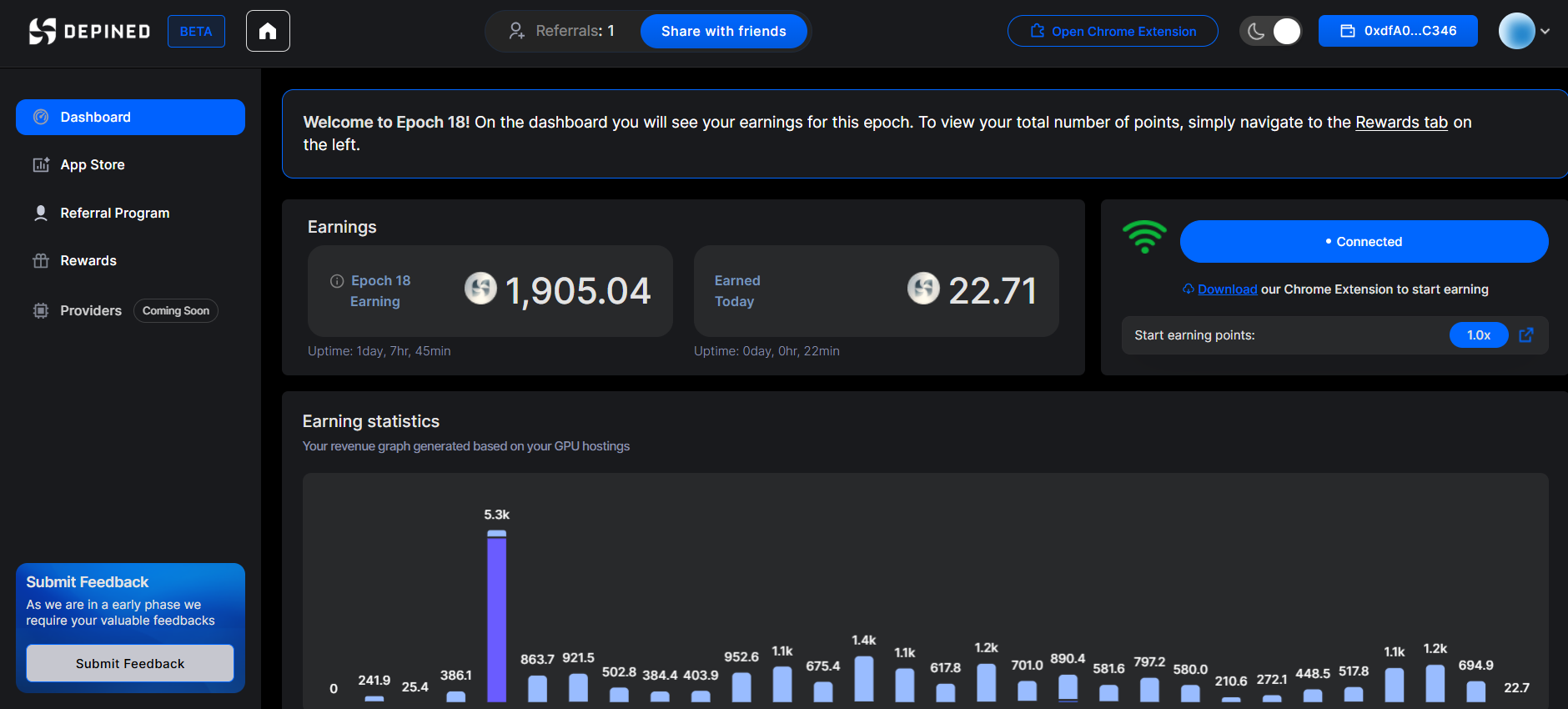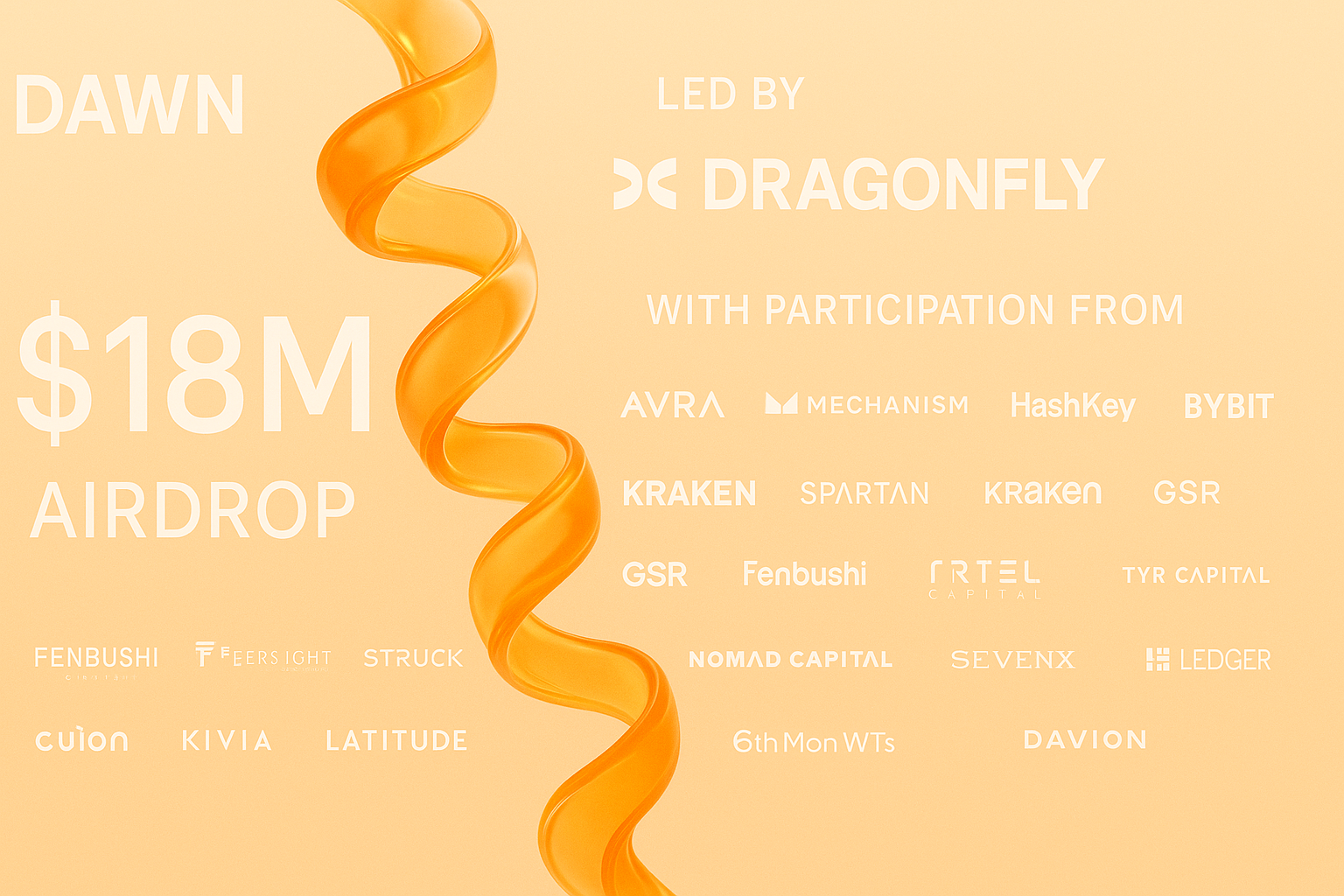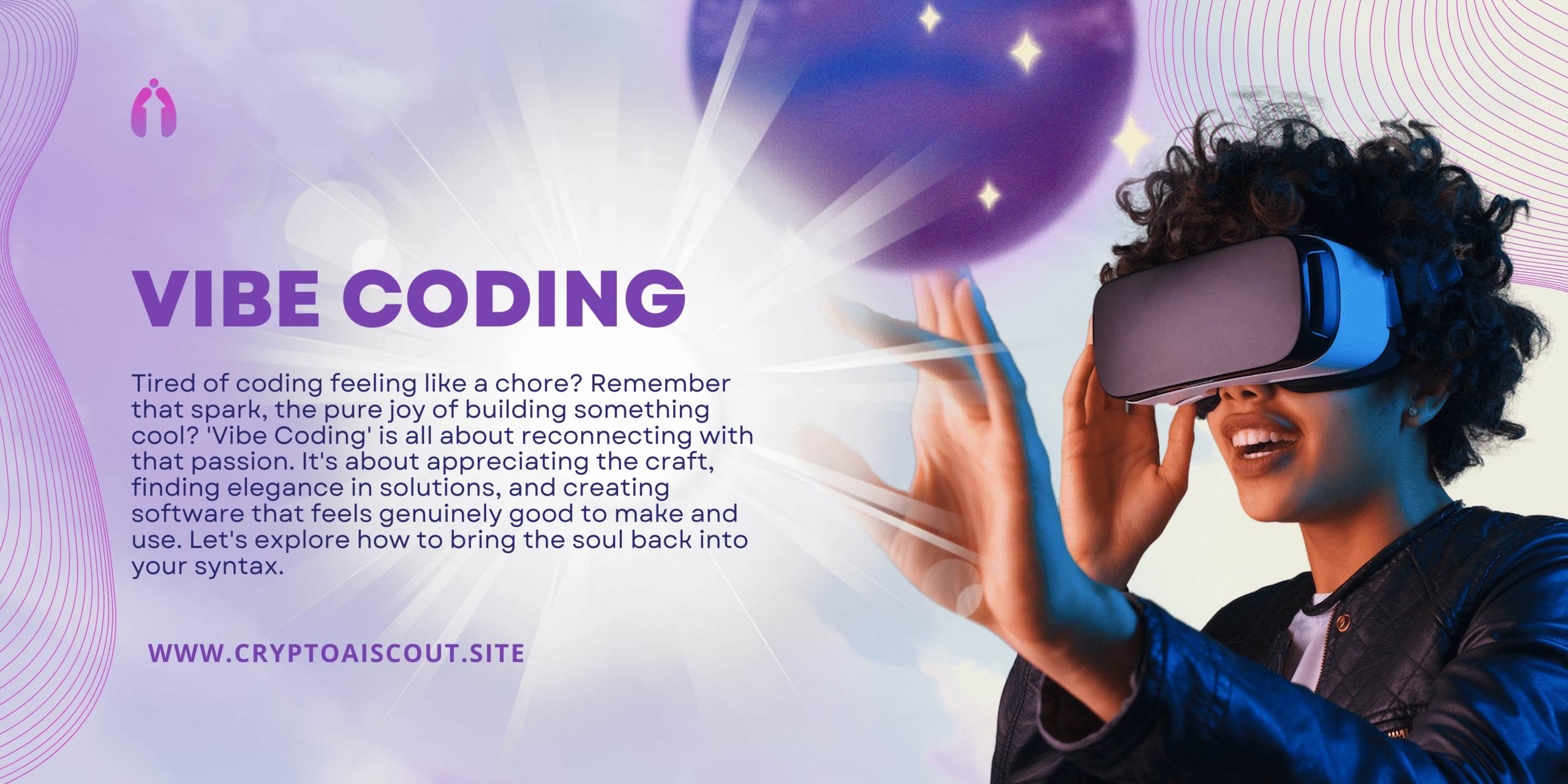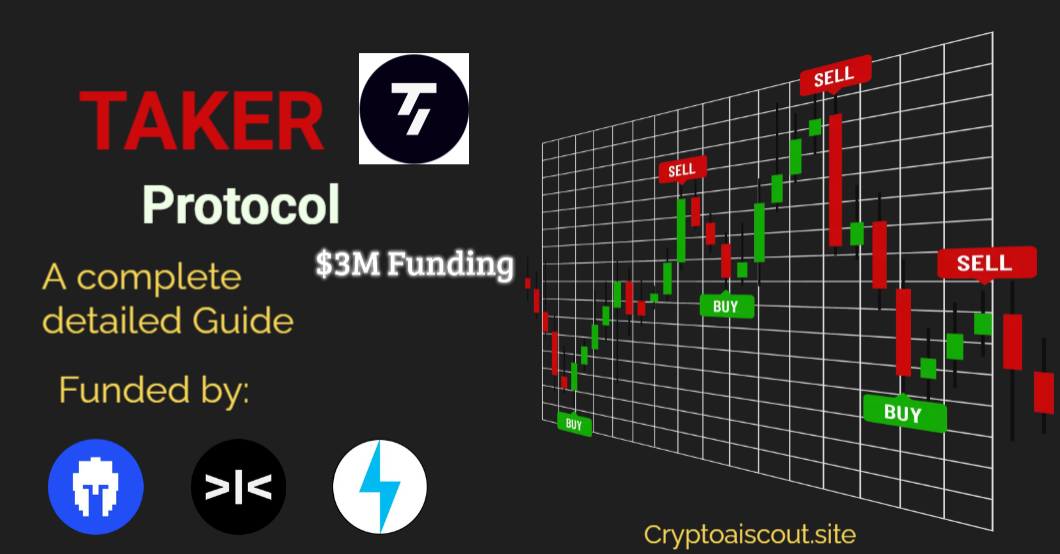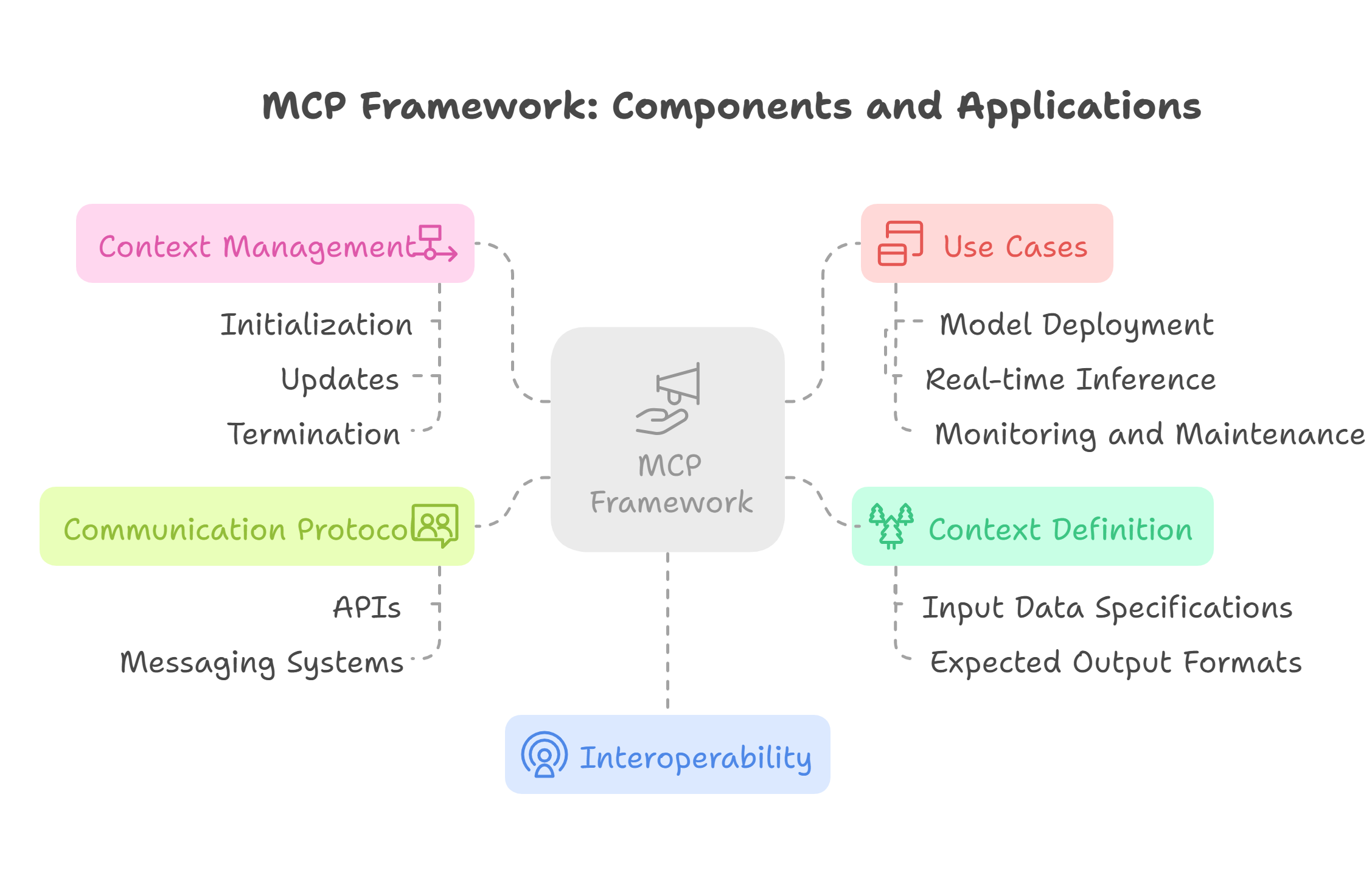Unlock AI No Code Game Creation: Your Amazing 2025 Guide
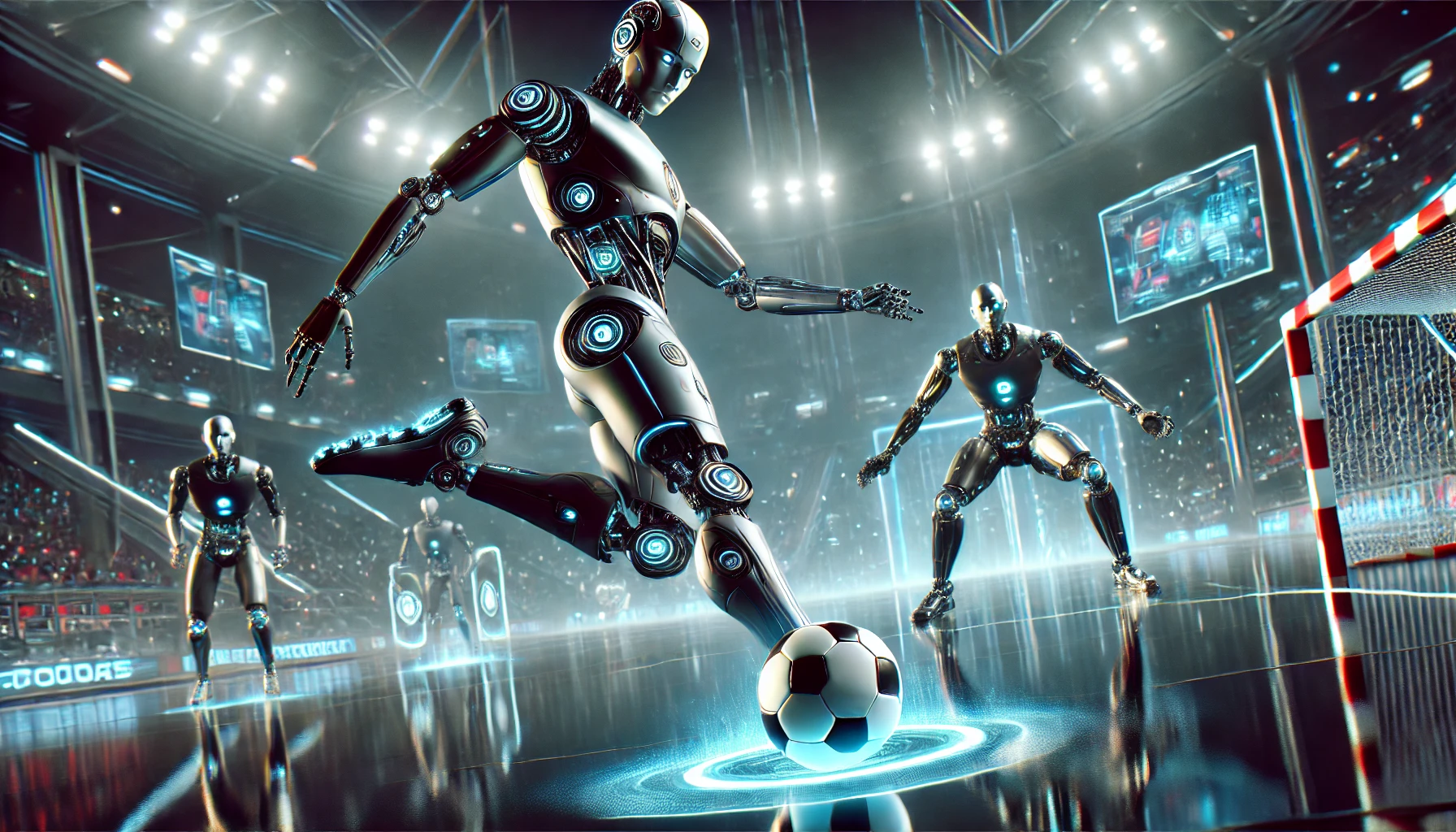
Okay, imagine this: It’s Saturday, it’s pouring outside, and I’m sprawled on my couch dreaming up a game. Maybe it’s a goofy one where you’re a knight who’s terrible at everything—constantly tripping over your cape—or a detective thing with neon signs and shady characters. I’m pumped, right? But then it hits me: I can’t code. Like, not even a little. Back in the day, that’d be game over for me. I’d just sigh and fire up someone else’s game instead. But now? It’s 2025, and AI’s basically swooped in like, “Don’t worry, pal, I’ve got you.” You can make a legit game without touching a single line of code. How wild is that?
So, I’m here to spill the beans on how this works, what tools are saving my bacon, and what you can actually pull off with them. Oh, and I’ll throw in a dumb story about the time I tried coding a game and failed spectacularly—it’s a mess worth laughing at. Plus, I’ve got an FAQ at the end for all those “wait, what?” questions you might have. Let’s jump in!
Why This No-Code Thing Feels Like a Miracle
Real talk: I used to think game-making was for the brainy types who could speak computer gibberish. I gave it a shot once—wanted to make a little game where a cat chases a laser dot. Cute, right? Nope. After hours of swearing at my laptop, the cat kept glitching into oblivion, and the laser looked like a dying firefly. I quit and ate a whole bag of chips instead. But now, AI’s like that buddy who shows up with pizza and says, “Forget the hard stuff—I’ll handle it.” Tools like GDevelop and Buildbox let me drag stuff around, drop in ideas, and skip the coding nightmares entirely.
It’s not just handy—it’s like someone kicked down the gate to the game dev party and yelled, “Everyone’s invited!” Suddenly, I don’t feel like the odd one out anymore.
The Tools That Have Emerged as My Most Trusted Allies
So, what’s making this magic happen? Here’s the rundown on some tools that are turning me—and maybe you—into a game creator without the tech degree:
- GDevelop: I’m obsessed with this one. It’s free, it’s chill, and it’s like messing around with digital building blocks. I drag stuff, drop it, and boom—there’s my game. The AI even pitches in with character designs or backgrounds if I’m stuck. I’ve seen people crank out something playable by lunchtime. Nuts, right?
- Buildbox: Perfect if I’m itching to make a phone game but coding sounds like torture. It’s all point-and-click, and the AI’s there tossing out level ideas when I’m blanking. It’s like having a hype man who’s also a genius.
- Unity with AI Plugins: Unity used to scare me off with its “you must code” vibe. But now? These AI plugins—like ML-Agents—let me add clever bad guys or flashy effects without typing a thing. Saved my sanity.
- Unreal Engine’s Blueprint System: Unreal always seemed too fancy for me, but Blueprints changed the game. In 2025, I can literally talk to it—“Yo, make my guy run faster”—and it listens. I still can’t believe that works.
These things let me focus on the fun bits—dreaming up wild ideas—while they sweat the techy details.
Where Artificial Intelligence Excels and Where It Faces Challenges
Let’s not kid ourselves—AI’s not flawless. It’s killer at stuff like spitting out art or brainstorming game ideas. I could say, “Gimme a pirate adventure with chatty parrots,” and it’d start sketching something cool in seconds. That’s the wow factor.
But if I’ve got this super picky idea—like a fight scene where every kick feels just right—AI’s like, “Uh, can you spell that out more?” It’s a teammate, not a psychic. I learned that the hard way: the more I ramble out exactly what I want, the better it gets. It’s like telling my dog to fetch—point clearly, or he’s just gonna stare at me.
Games That Demonstrate Substantial Value Beyond Marketing Hype
Need proof this works? Here’s some stuff people have pulled off without coding:
- “AI Dungeon”: This one’s a riot. It’s all text, and the AI writes the story as you go—like a never-ending campfire tale. Not flashy, but it’s addictive.
- “Dreams” by Media Molecule: This is a playground for creativity. With some AI help, you can build whole worlds—no code required. I’ve seen people make stuff that blows my mind.
- Flappy Bird Clones: Yep, that old bird game. People use GDevelop to remake it in, like, an hour, with AI drawing the bird and pipes. It’s fast and it works.
These aren’t just “meh” projects—they’re games folks are actually playing, all thanks to AI skipping the code step.
Anticipated Developments Ahead
If this stuff’s got you hyped now, just wait. In 2025, AI’s not only building games—it’s playtesting them too. It finds bugs, tweaks the hard parts, and even guesses if I’ll rage-quit my own creation. It’s like having a nerdy sidekick with X-ray vision. And down the line? I’m betting AI’s gonna take over VR and AR—imagine me just talking a whole sci-fi world into being. That’s the kind of crazy I’m here for.
FAQ’s
1. Do I need programming knowledge to use AI game development tools?
The advantage of these tools resides in their no-code design. They are based on visual interfaces and natural language inputs, which enable users to concentrate on creativity instead of programming.
2. What types of games can I create with AI without coding?
You can develop various projects, from basic 2D games such as platformers and puzzles to more intricate applications like RPGs. The level of complexity may vary based on the development tool you choose and your readiness to refine and optimize the outcomes.
3. Can AI replace game developers?
Although AI is transforming game development by producing creative materials and automating repetitive processes, it cannot take the place of the human element—the inventive storytelling and visionary vision that characterize great games. Rather, it gives developers more freedom to experiment and improve gameplay.
4. Can AI help with game testing and optimization?
By using advanced anomaly detection and pattern recognition techniques, AI can greatly improve bug discovery. With dynamic adjustment techniques, it also makes it easier to optimize gaming balance and makes adjustments in real time according to player actions. AI also uses resource management techniques and predictive modeling to improve game performance overall. AI thus turns into a vital tool for the iterative processes of game creation and improvement.
5. What are the best AI tools for no-code game development?
Top choices for game creation tools include GDevelop, Buildbox, Unity with AI plugins, and Unreal Engine’s Blueprint visual scripting system. Every platform offers unique benefits catered to the requirements of particular creators, be it sophisticated scripting, quick prototyping, intuitive design, or utilizing cutting-edge AI capabilities.
Let’s Wrap This Up
So, here we are in 2025, and AI’s handed me—and you—the cheat codes to make games. What used to feel like a locked door I couldn’t pick up is now wide open, and I’m sprinting through it. Whether you’re like me, with zero skills and a head full of ideas, or just curious, these tools are begging you to mess around with them. So, what’s stopping you? Grab one, start tinkering, and who knows—your next obsession might be a game you made yourself.
